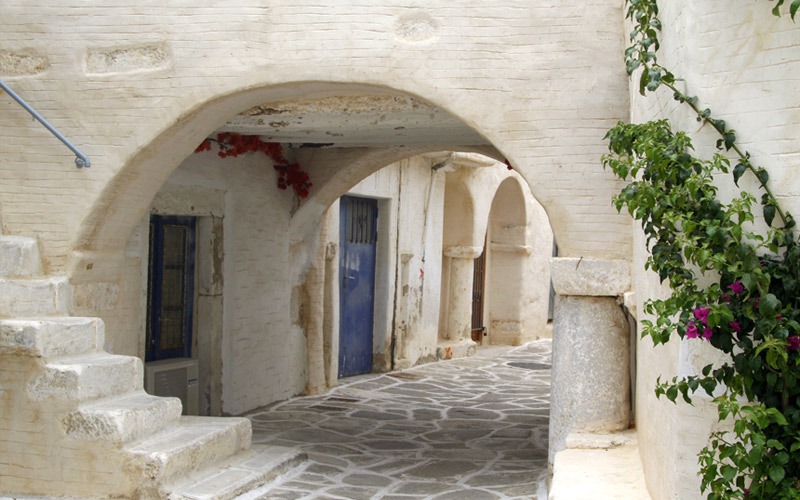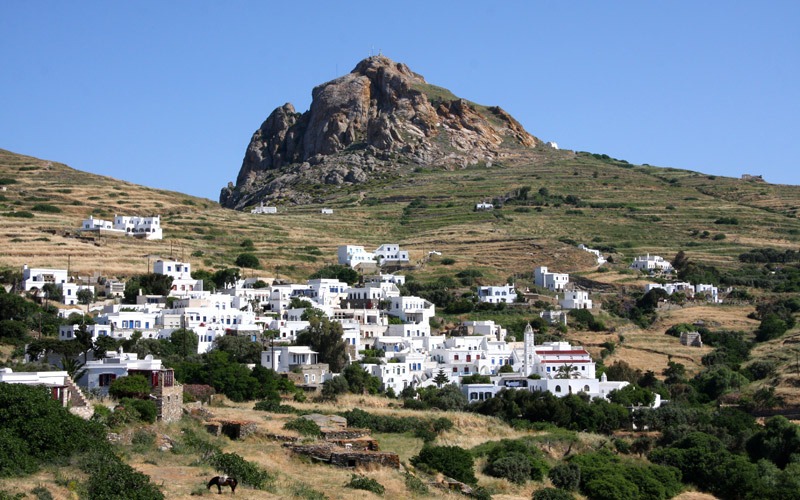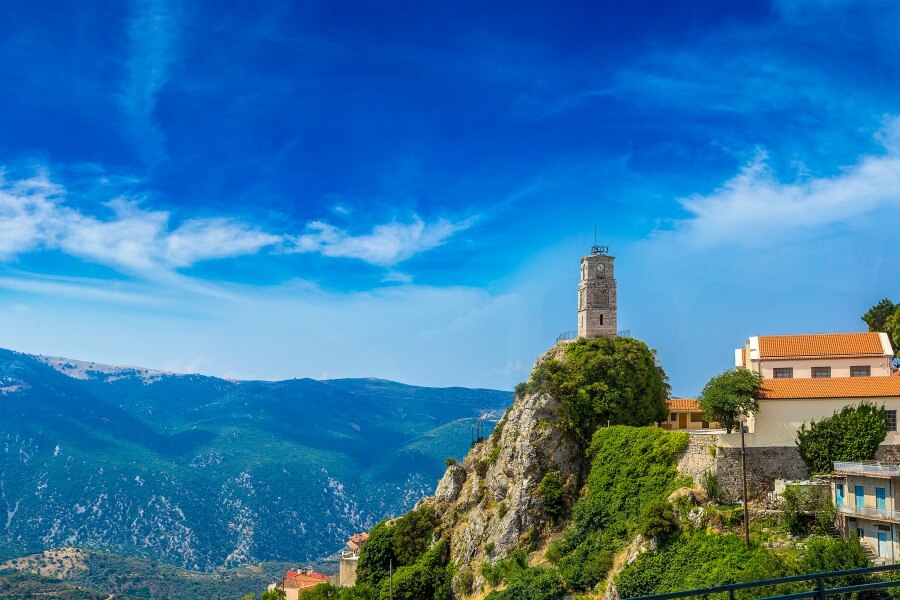By on 26-01-2024
Share this post:

We are frequently asked if the islands are worth visiting during the wintertime, which practically means from November to March for Greece. However, over the last years, an effort has been made by official authorities and private companies to expand the tourist period in Greece, officially lasting from April through October. This has encouraging yet limited results up to now.
Except for Santorini, which has managed to expand cruise ship arrivals from March to November, the rest of the Greek islands remain pretty quiet during the winter season.
Here is all the truth about the Greek islands in winter and why you should or should not pay a visit at that time of the year. Whether or not it is worth visiting them… we leave it up to you!
Hotels and taverns close down
The last tourists have left the Greek islands until the middle of October. Around then, many locals close down their businesses, as only permanent inhabitants are left to spend winter in solitude. Hotels, taverns, souvenir shops, and travel agencies remain closed until early April, especially on small islands. Some large islands, like Corfu, Rhodes, and Crete, are relatively lively thanks to their large population, but the majority of the islands are small and, therefore, have a few decades or hundreds of residents during the offseason.
Fewer ferry schedules
As the Greek islands are sparsely populated in winter, the ferry schedules decrease between October and April. Routes are not so frequent and some connections between islands are time-consuming and not convenient. Some lines and routes do not even operate in winter, as passenger traffic is low.
Cold and wet weather
In general, it rarely snows in the Greek islands and southern Greece. However, it is usually cold in winter, especially in January and February, when the temperature can reach 0-5oC. In southern Greek islands, like Crete or Rhodes, the temperature is warmer (about 10oC on average) and rain is a rare phenomenon, but in the Ionian Islands, such as Corfu, it rains a lot in winter.
The Cyclades, in the center of the Aegean Sea, are frequently affected by northern winds that can be very strong during winter. Such winds sometimes result in ferry or plane cancellations.
So, is there anything to do on the Greek islands in winter?

To sum up, visiting the Greek islands in winter is mostly a task for independent travelers. No tours will be available and very few hotels will be open, mostly located in central spots. The majority of tourist businesses will be closed and ferry itineraries will be limited. Surely, you will only be swimming in the sea if you are a winter swimmer, as the temperature will be low.
So, what is left to do in the Greek islands in winter? As simple as it may sound, what you can do is actually experience the laid-back and authentic lifestyle. Life in the Greek islands in winter has nothing in common with winter life in large cities around the world. It has something very different and special. Visitors can enjoy long, calm days of talking with the locals and hiking across beautiful nature.
Some islands, like Kea, Ikaria, and Kefalonia, even offer agrotourism units where visitors can engage in agricultural activities, such as jam-making, olive gathering, wine pressing, and more.
Which islands to visit offseason?
Our suggestion is to visit large or medium-sized islands in winter.
Crete, Rhodes, and Corfu would be nice choices as they have hotels, restaurants, and tourist businesses that work all year round. The ferry and plane connection from Athens to these islands is daily and very convenient.
If you need even more secluded options, give a try to small islands of the Cyclades, such as Paros, Naxos, or Sifnos.
Even Santorini will be beautifully secluded in winter, with almost no tourists and all its natural beauty exclusively at your feet!



